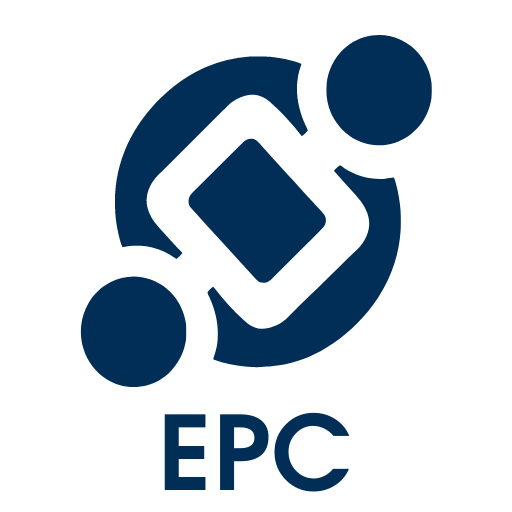The Risk Profile section is an interactive tool that provides a comprehensive view of risks and the controls applied to them. It is located in the “Details” section of any Risk object.
Sections of the Risk Profile
The Risk Profile section is divided into three subsections:
- Cause(s) and Effect(s): Displays a table with the risk’s causes and effects.
- Profile: Displays a graph with the Gross Risk score, the Residual Risk score, and all associated Controls. Below this graph, users can find an Impact and Likelihood Matrix, which highlights the Residual Risk score.
- Analysis Justification: Displays information about the Risk Profile or analysis, recorded by the Modeler.
Cause(s) and Effect(s)
Risk Causes are the underlying factors that can trigger potential risks. Risk Effects are the outcomes or consequences of these risks. Understanding the relationship between causes and effects helps in anticipating and managing risks effectively.
Profile
The graph allows users to visualize and analyze risks and controls, with each node representing an element such as a Gross risk, Residual risk, or control. By clicking on a node, users can access detailed information about its type, impact, likelihood, priority, score, and percentage of residual risk (not applicable to gross risk).
When a risk or control is selected on the Graph, the corresponding selection is highlighted on the Matrix, displaying its overall Score, Residual Detectability, Impact, and Likelihood. If a control is selected, its name will appear at the top of the Risk Matrix.
- Scores are calculated based on the priority assigned by the Modeler for impact and likelihood. The Gross risk score is set by the Modeler, and the Residual risk score is generated after applying controls. If no controls are applied, the gross score equals the residual score.
Analysis Justification
The Analysis Justification subsection provides information recorded by the modeler regarding the risks profile or analysis.
Need more help with this?
Visit the Support Portal






